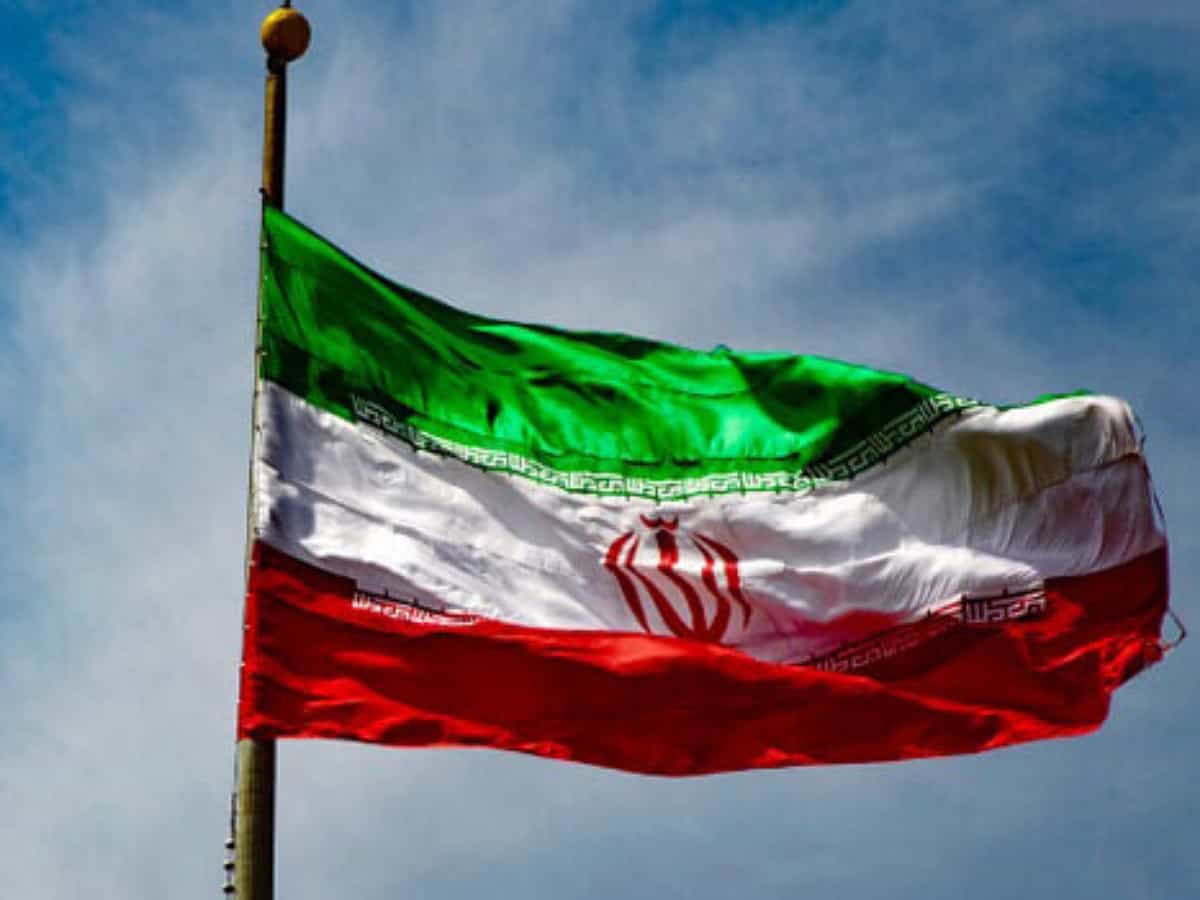
Tehran: Iranian Foreign Ministry Spokesman Nasser Kanaani slammed on Sunday the claims of the Group of Seven (G7) over the country’s nuclear activities as “anti-Tehran”.
Reacting to a G7 communique issued on Friday, Kanaani stressed in a statement that Iran’s nuclear programme is “exclusively peaceful”, reported Xinhua News Agency.
He said Iran would carry forward its “peaceful” nuclear projects and plans in line with the Non-Proliferation Treaty and safeguards agreement, regardless of political pressures and “propaganda campaigns.” He said the communique’s mention of an anti-Iran resolution of the Board of Governors of the International Atomic Energy Agency (IAEA) was another proof of “the political approach pursued by those behind the resolution” and certain governments’ “abuse” of international mechanisms against independent states.
The communique called on Tehran to “cease and reverse nuclear escalations”, stop the continuing “uranium enrichment activities”, engage in serious dialogue, provide convincing assurances that its nuclear programme is exclusively peaceful, fully cooperate with the IAEA, and comply with the agency’s monitoring and verification mechanism, “including the Board of Governors’ resolution of June 5”.
The IAEA Board of Governors’ resolution urged Iran to “step up cooperation with the IAEA and reverse its recent barring of inspectors.”
Kanaani regretted that some countries with “political motivations” made baseless and unproven claims to continue the failed policy of sanctions on Iran, advising the G7 members to refrain from using outdated, “destructive” policies. He stressed that the United States and the E3 group of France, Britain and Germany should give proof of their goodwill and refrain from taking “futile politically-motivated” measures against Iran.
Iran signed a nuclear deal, formally known as the Joint Comprehensive Plan of Action (JCPOA), with world powers including the United States and the E3 group in July 2015, accepting restrictions on its nuclear programme in exchange for the lifting of sanctions. However, the United States withdrew from the agreement in May 2018, reinstating sanctions and prompting Iran to scale back some of its nuclear commitments. Efforts to revive the JCPOA commenced in April 2021 in Vienna, but despite multiple rounds of negotiations, no substantial progress has been reported since the last talks in August 2022.
